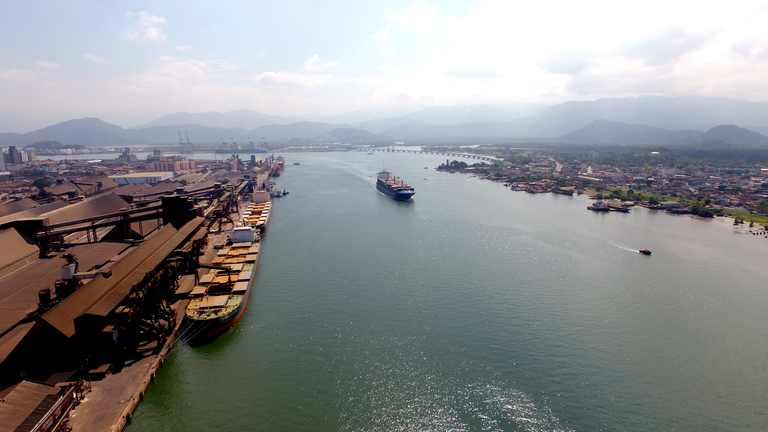 Recent developments are likely to lead to structural changes in the Brazilian natural gas industry by increasing competition through the entry of new players, while preserving Petrobras’ divestment plans. The proposed changes aim at deregulating the industry further, but the lack of answers to some relevant questions could have an opposite effect.
Recent developments are likely to lead to structural changes in the Brazilian natural gas industry by increasing competition through the entry of new players, while preserving Petrobras’ divestment plans. The proposed changes aim at deregulating the industry further, but the lack of answers to some relevant questions could have an opposite effect.
A Presidential Decree (similar to an Executive Order) issued in December widened the powers of the National Oil Agency (ANP) to audit the conditions governing third party access to the transportation infrastructure. The desired effect is to foster competition by allowing more transparency to information and securing the efficient use of non-replicable assets.
The decree aims to prepare the market for an environment in which Petrobras is no longer dominant, and in which it is purely profit-oriented, as any other company from the private sector – as opposed to the historic (and current) situation under which it pursues objectives defined by the Federal Government, its controlling shareholder. It also creates the possibility for the parties to split contractual provisions of agreements related to natural gas supply, ensuring greater flexibility for the players to manage and monitor inlet and outlet of gas.
Earlier last year, ANP had proposed structural and behavioral remedies to foster competitiveness in the segment through a non-binding, technical note issued in September. The measures discussed relate to the access to essential infrastructure, the end of vertical integration in transportation and the inception of gas release across the board. ANP also requested greater transparency to pricing through, among other initiatives, the standardization of natural gas sale and purchase agreements. A third request is the monthly publication of prices agreed with clients under the rules of the regulated market - that is, where captive consumers acquire natural gas from suppliers that are subject to rules and regulations by the state, in particular those related to basic prices and maximum margins or mark-up.
These are early-stage suggestions, which still would need to become draft regulations to be submitted to public consultation before taking effect. However, the proposed design to end vertical integration in the natural gas industry in Brazil does not provide yet answers to relevant questions. There is no definition, for example, about who should organize the independent gas transportation throughout a country as large as Brazil. And in the case of potential auctions, there is still uncertainty on how they will define relevant assets or geographic regions, thus increasing the number of potentially interested players. In the distribution segment, for instance, it is necessary to establish whether it makes sense or not to prevent the acquisition by players that are already dominant in a given region.
Wrong decisions on these and other key issues could backfire and, contrary to the very goal of the changes underway, could result in potentially higher market concentration and reduced attractiveness for new players and new investment.
Image Credit: Porto de Santos divulgation


































